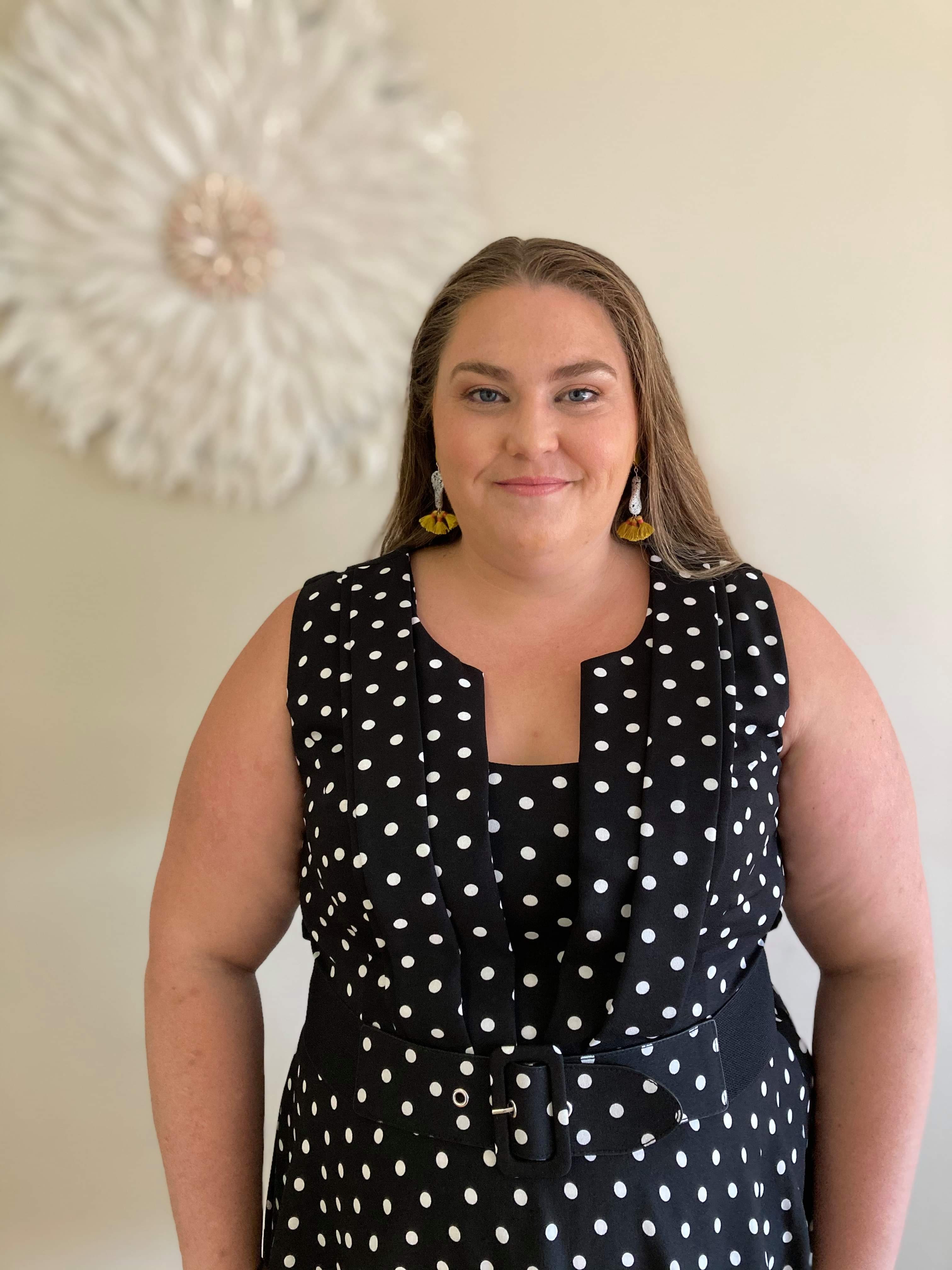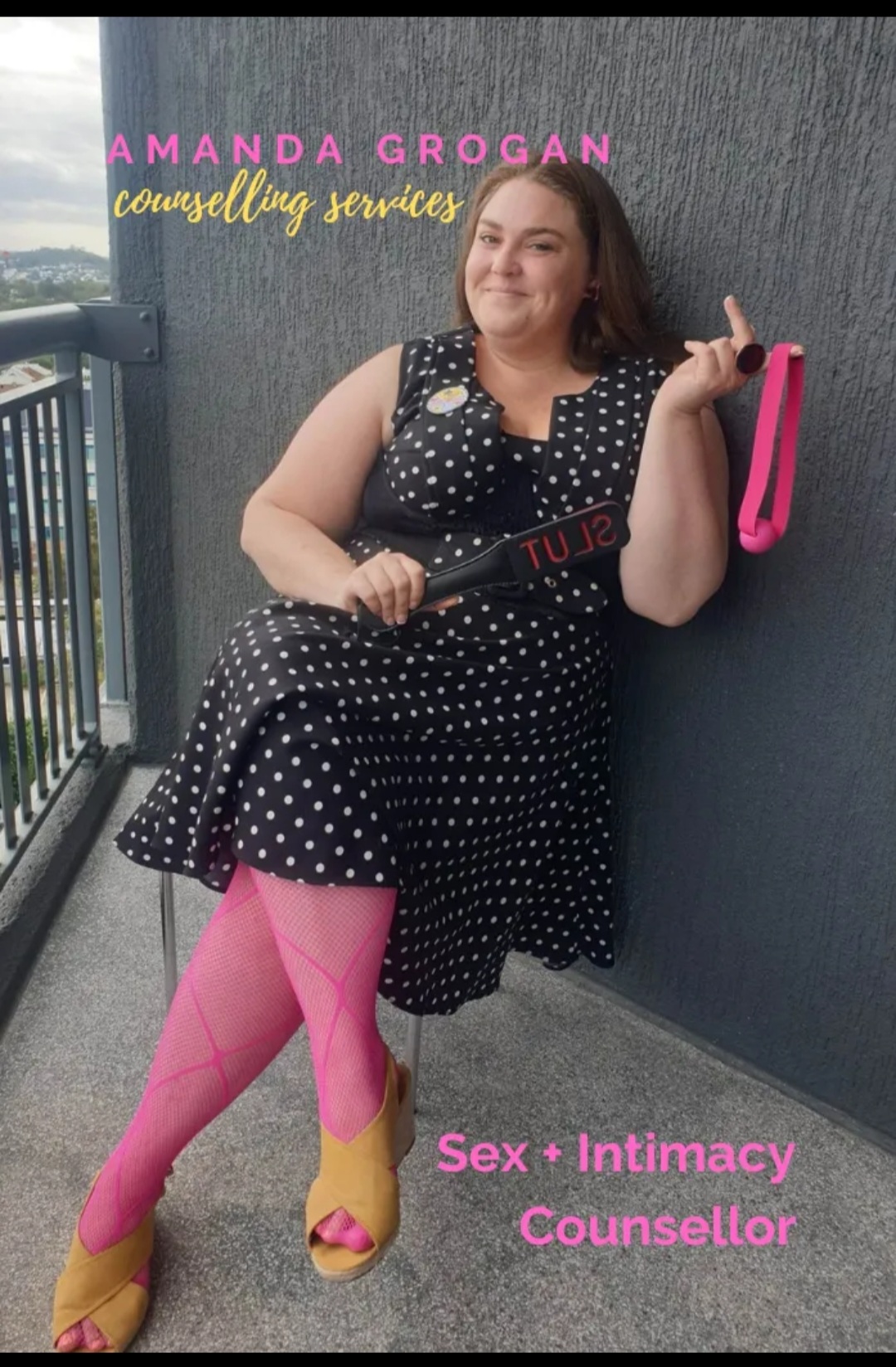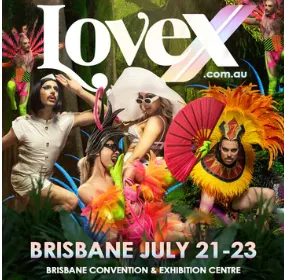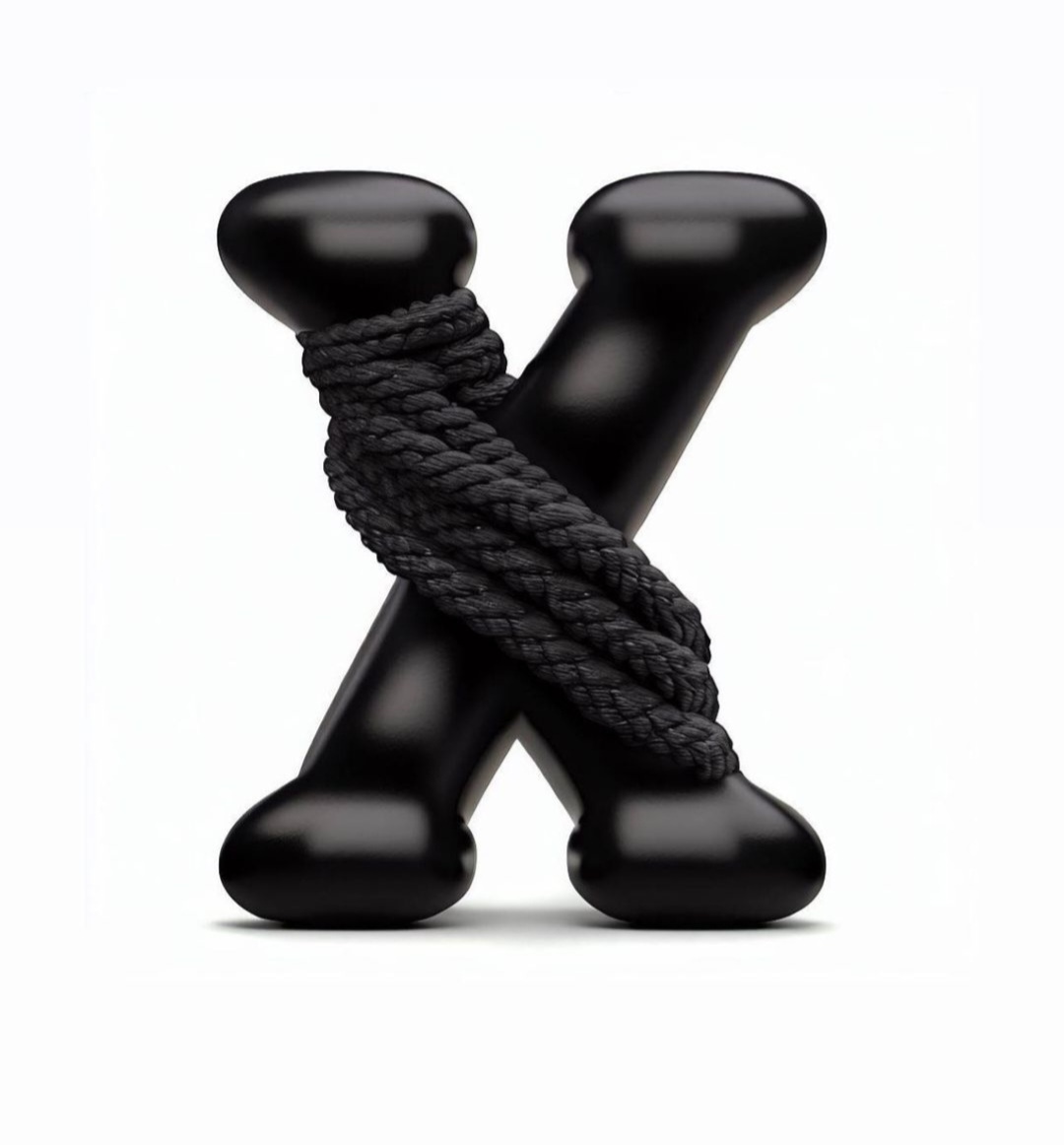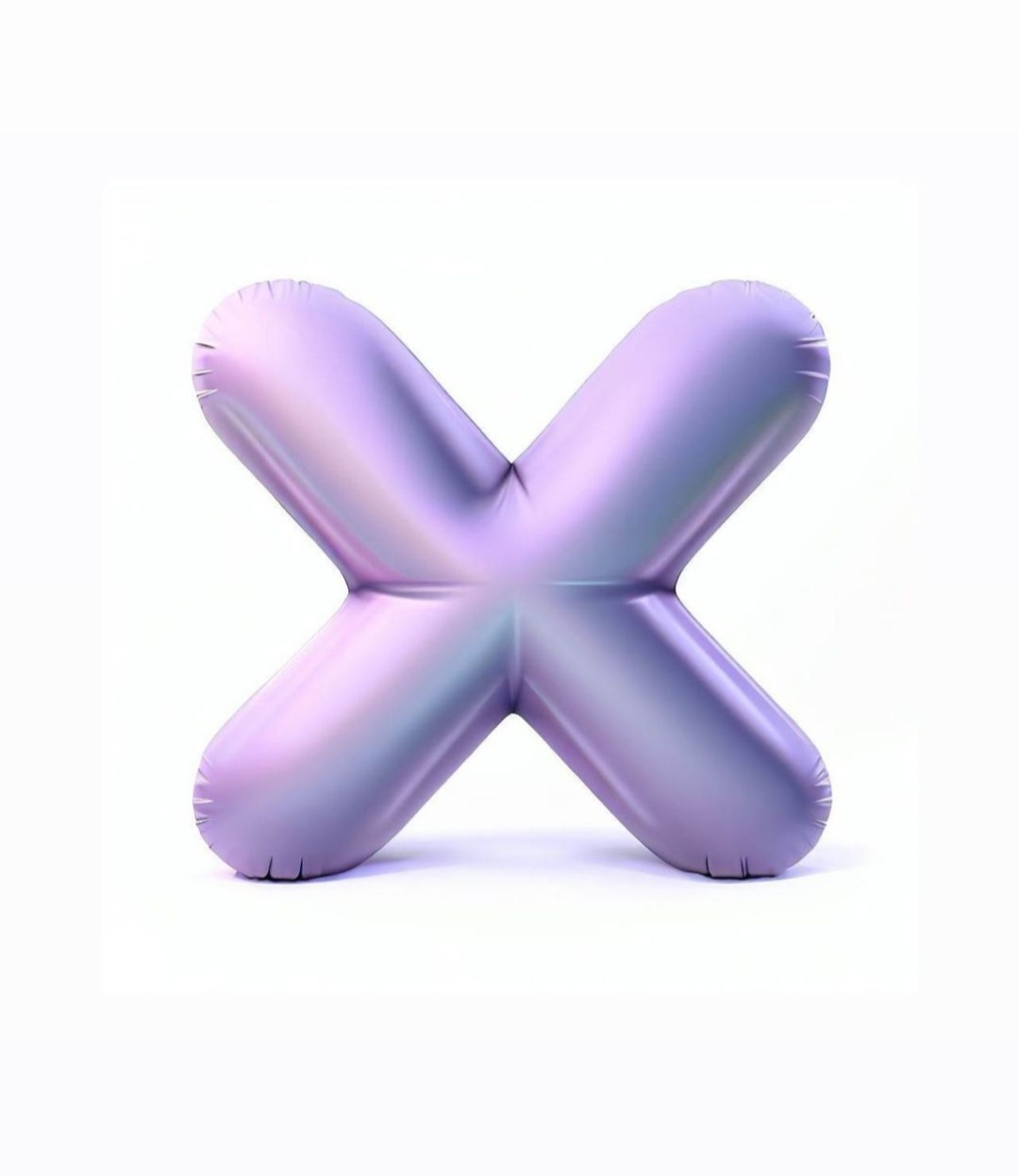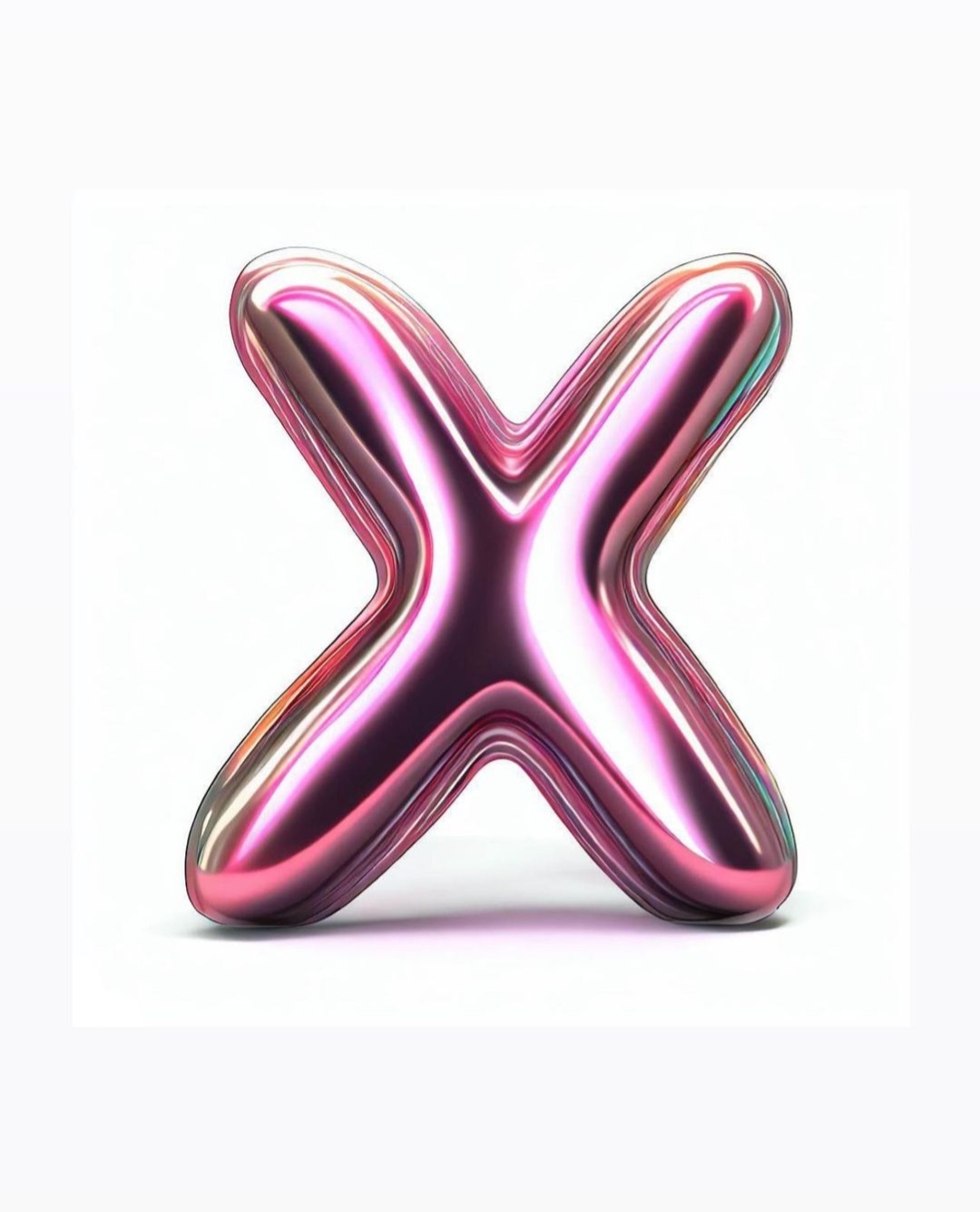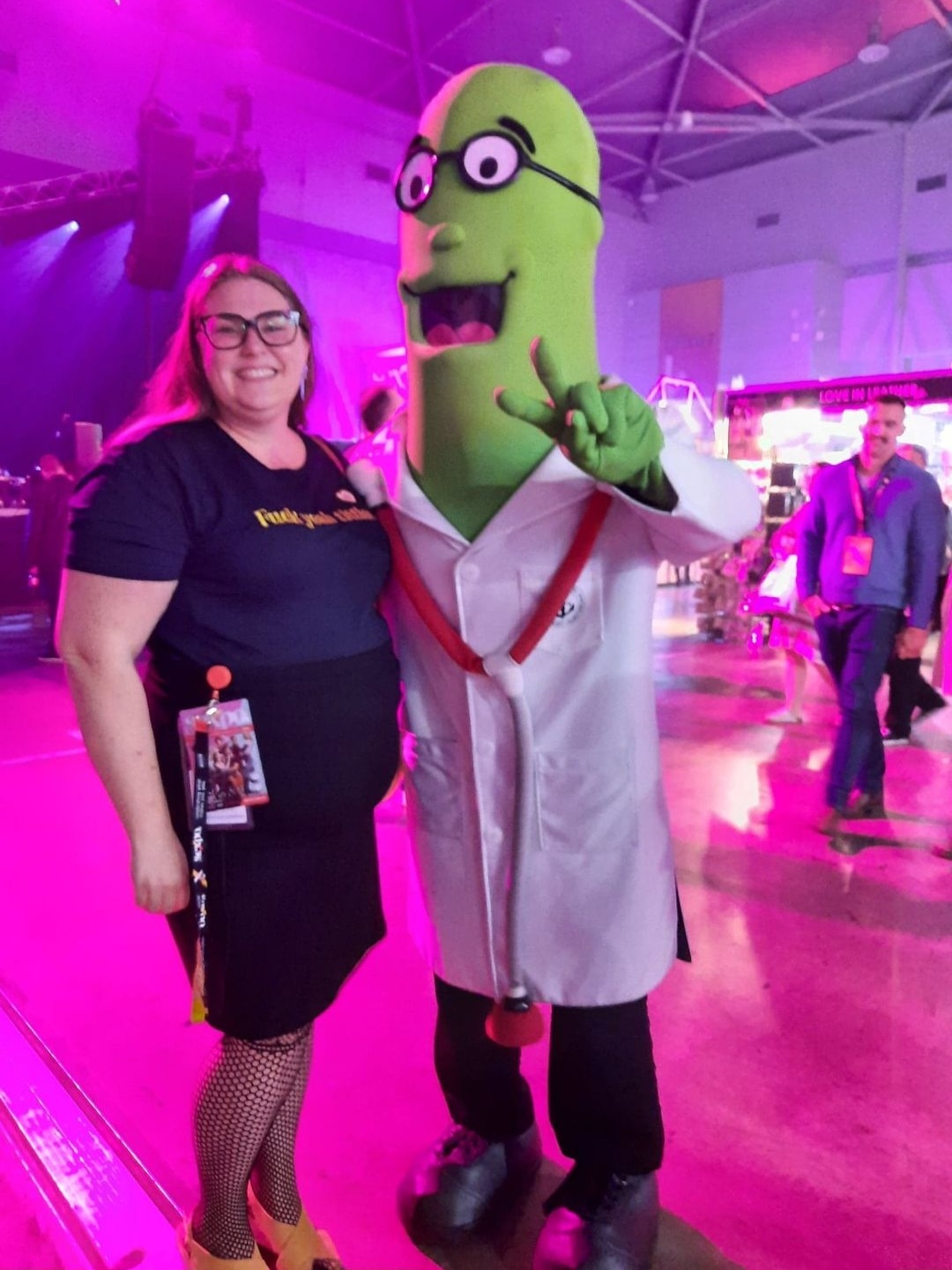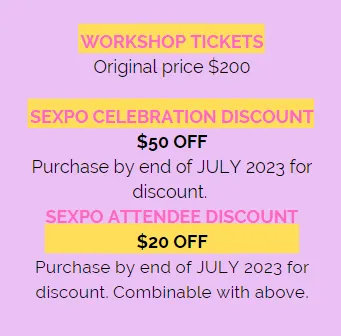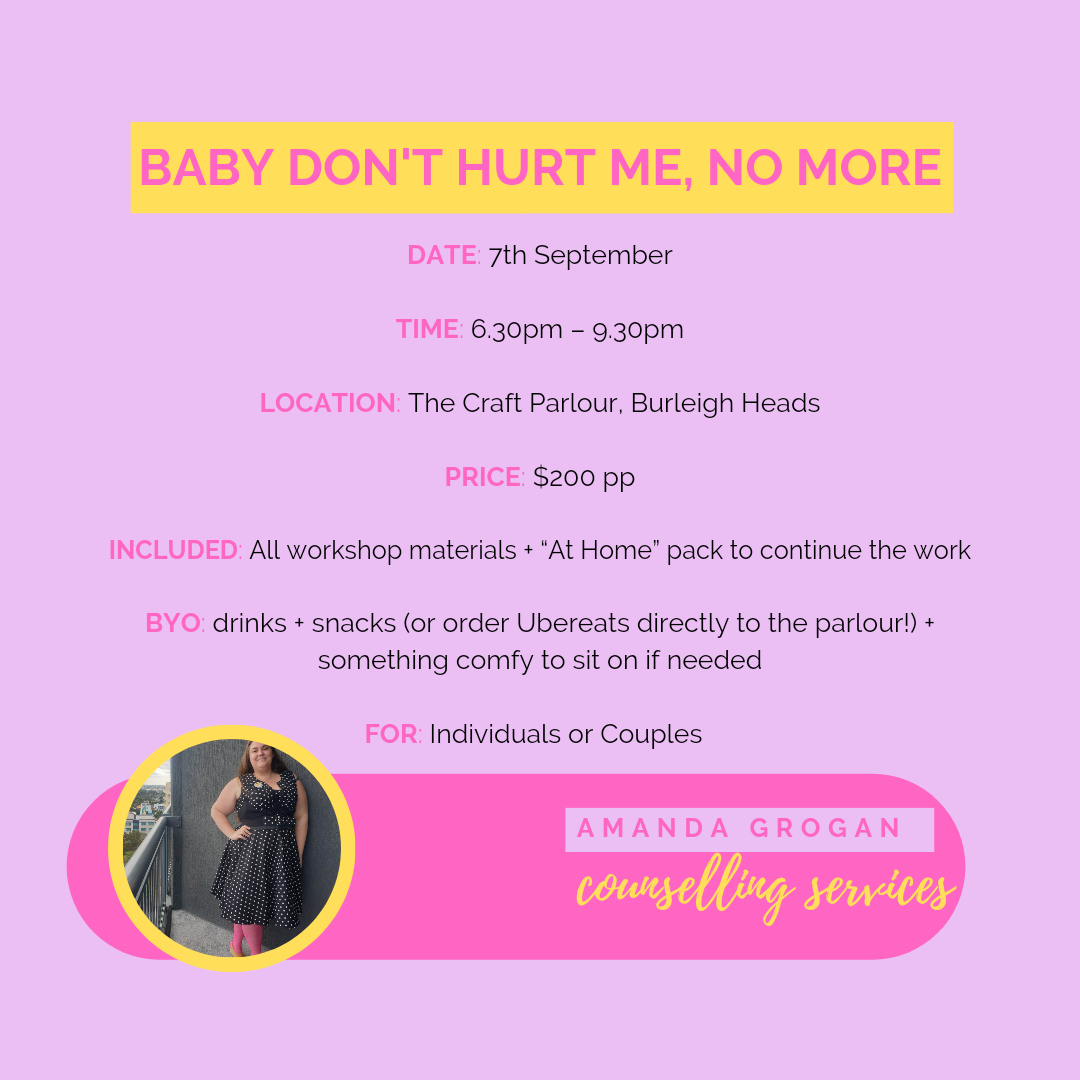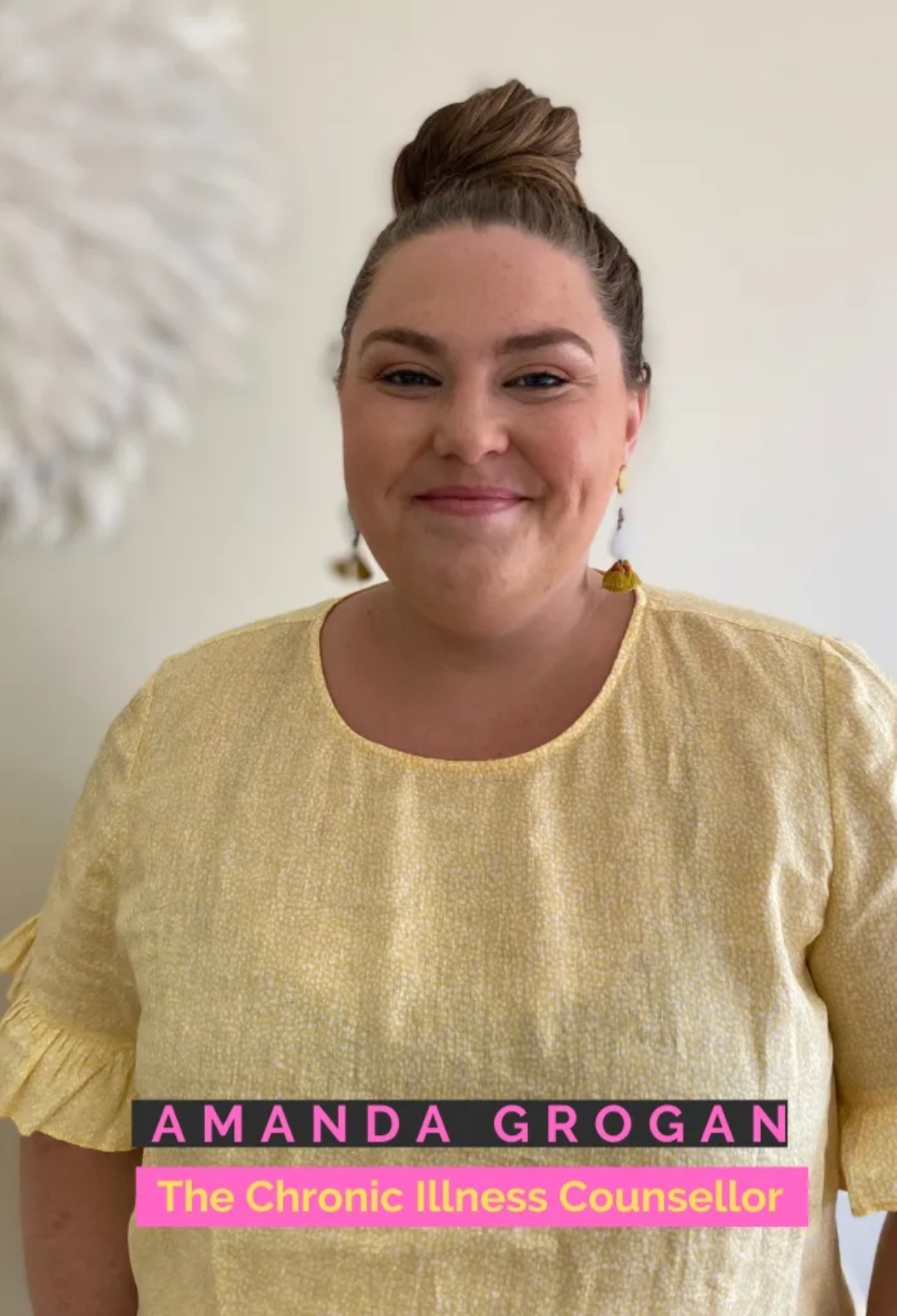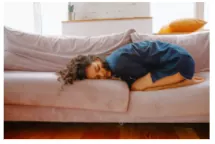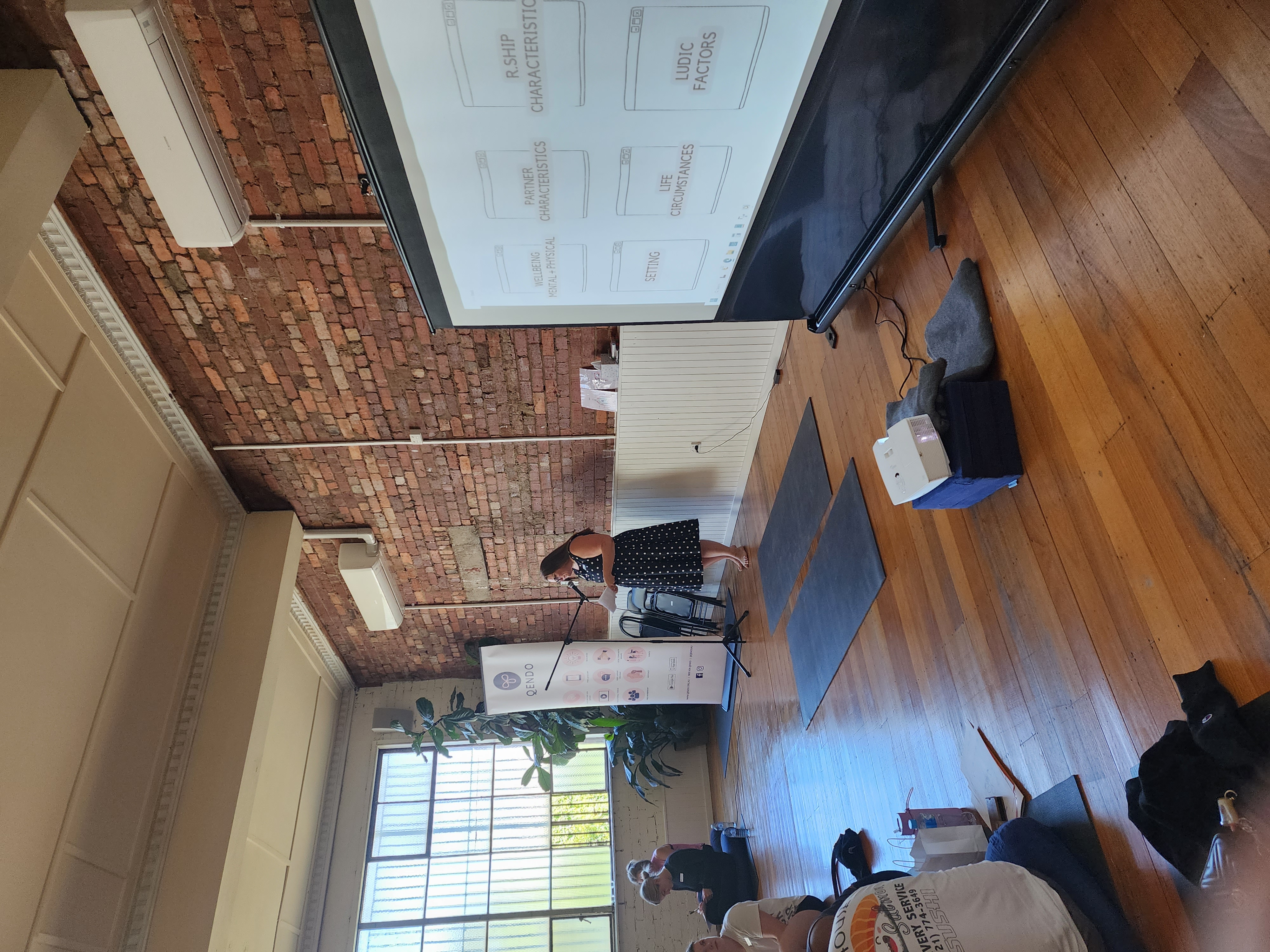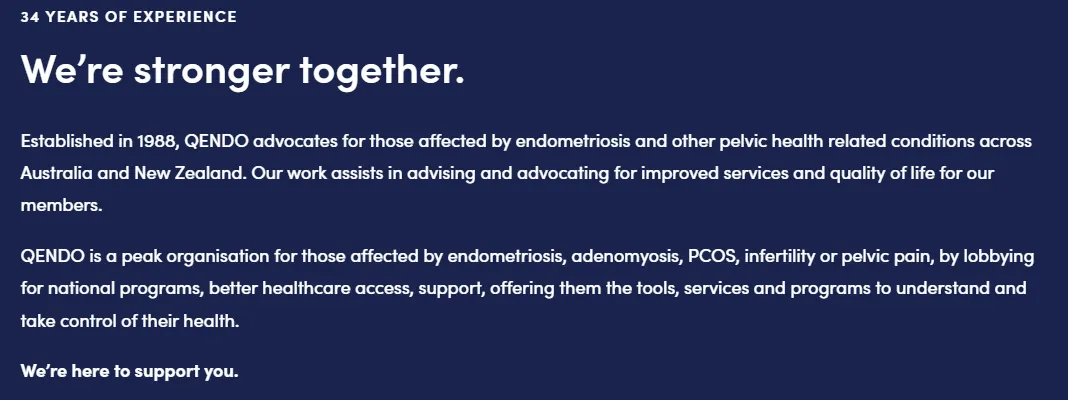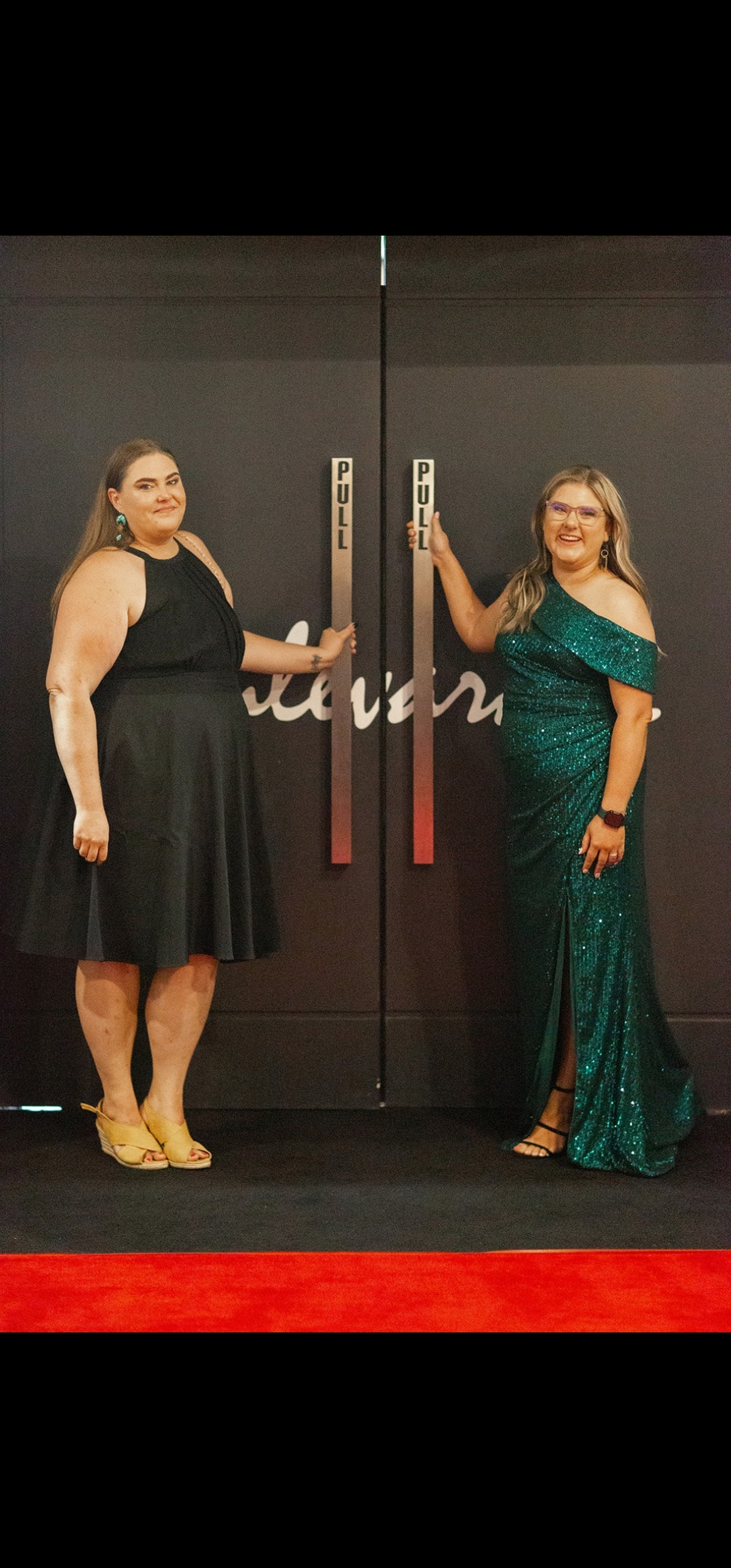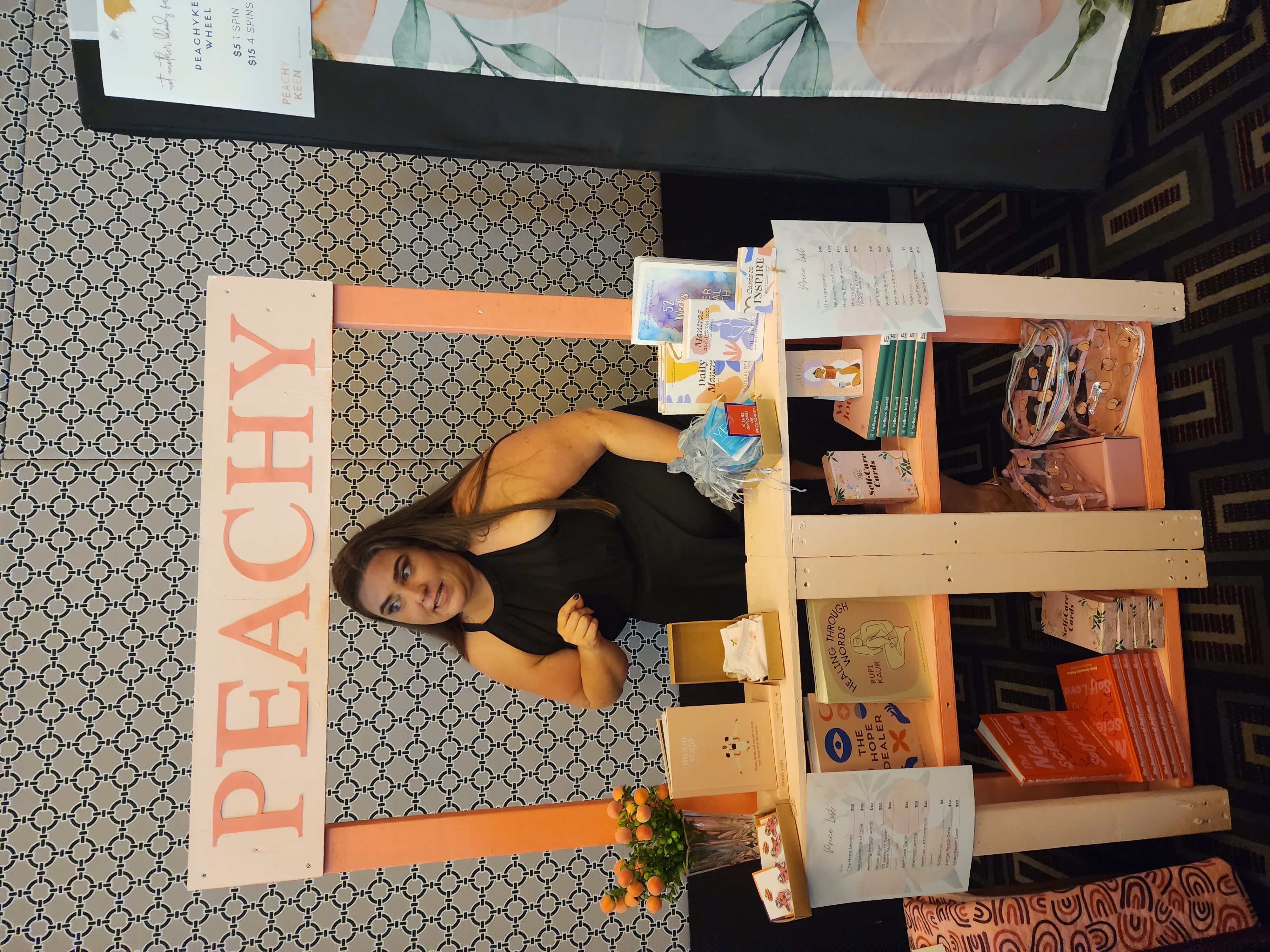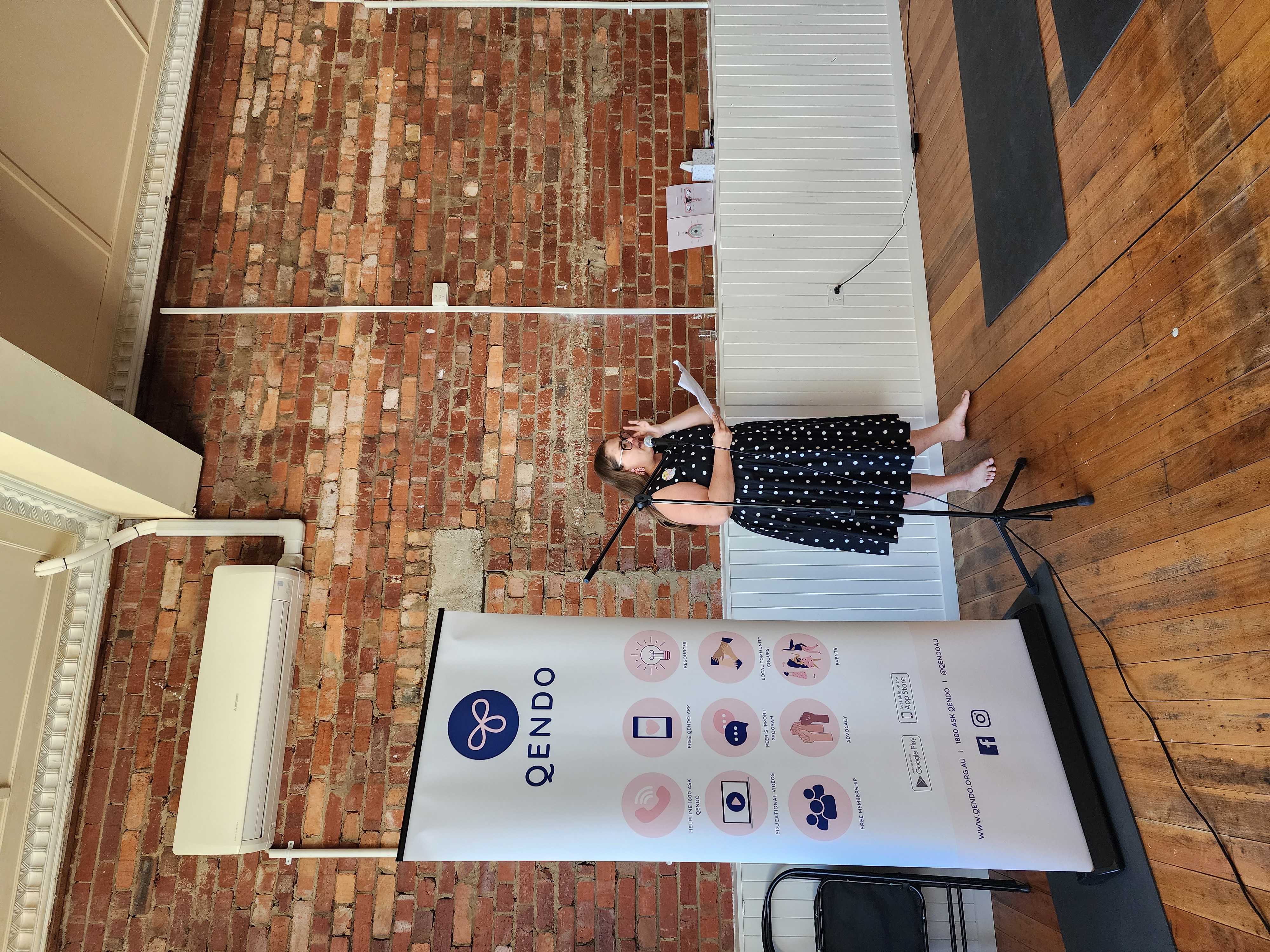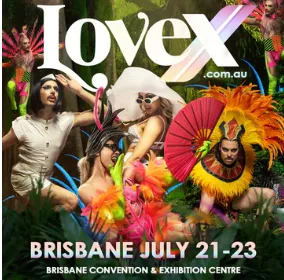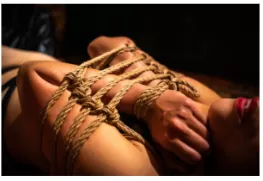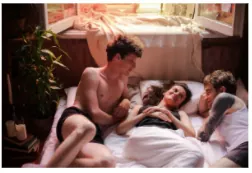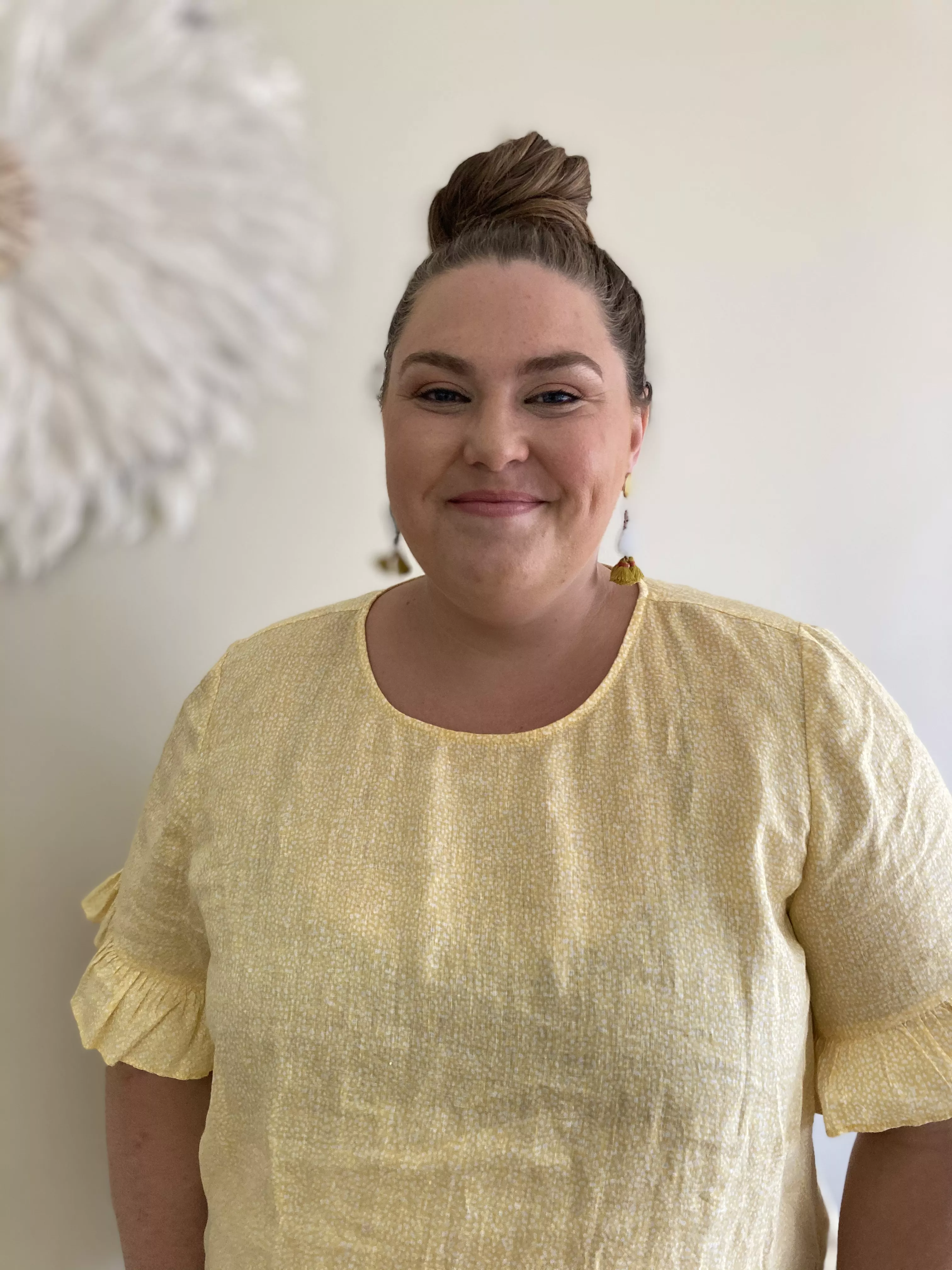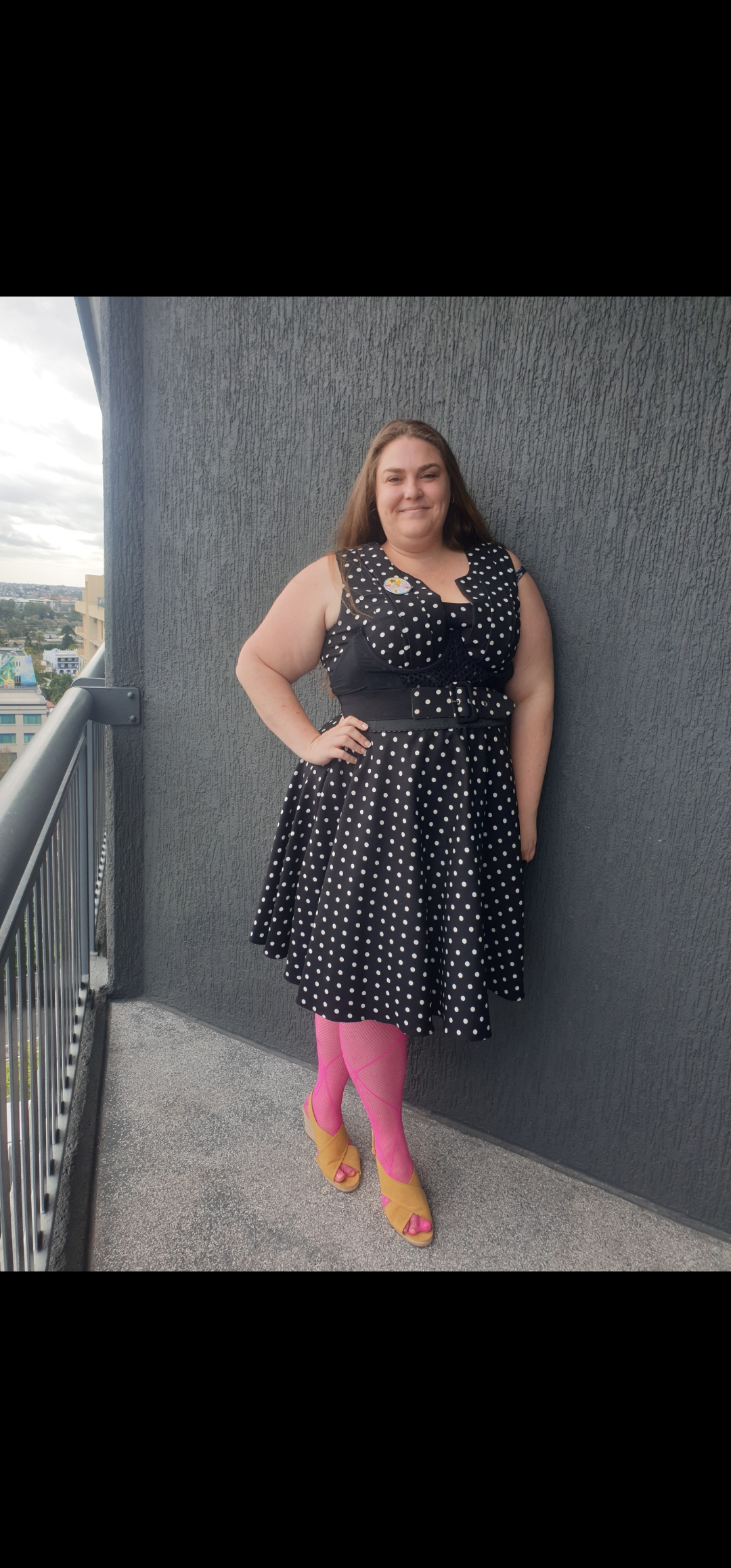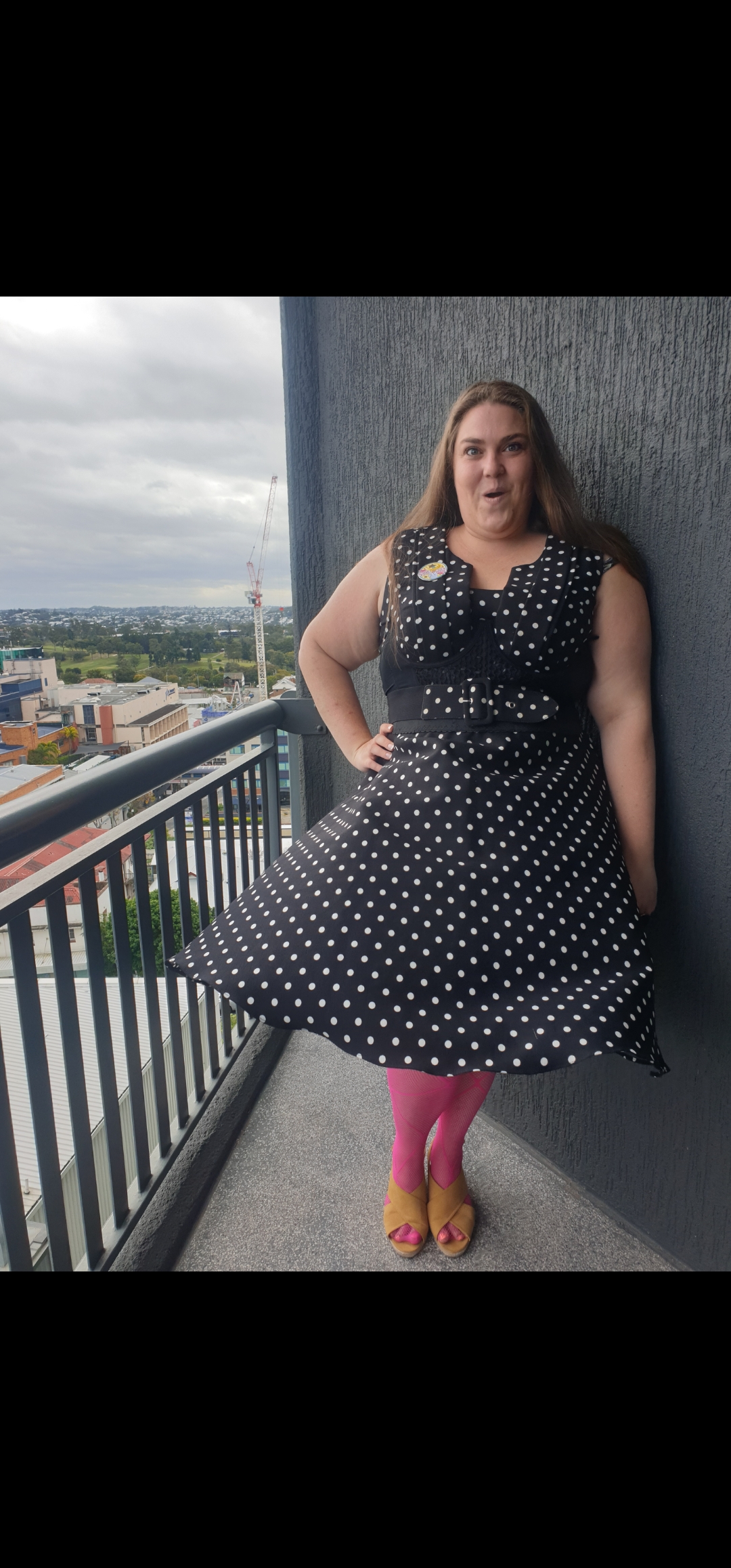Hi, I’m Amanda and I specializes in health counselling for chronic illness, chronic pain and invisible illness. I’m passionate about helping women navigate illness diagnosis, develop coping skills and the link between mind and body for pain management. I am empathetic, kind and understanding – I pride myself on being non-judgmental and come from a place of curiosity instead.
I have lived experience with endometriosis which makes me uniquely qualified to work with the chronic illness community. I have been a volunteer with QENDO for several years and am their resident counsellor – helping their volunteer teams with counselling content and understanding as well as providing 1:1 counselling to their members.
I have lived experience with non-monogamy and kink which has contributed to my passion to provide counselling in this area, as so frequently in my personal life I found health practitioners and therapists did not understand this lifestyle.
I live on the Gold Coast and love that it is less then an hour from rainforest to beach! I enjoy reading and learning, if I am not working on my counselling business you will generally find me doing one of these two things.
ACCESSIBILITY
I am LGBTIQ+ friendly (and a member of the community myself). Whilst I do not specialise in counselling community issues and experiences (eg coming out, transitioning) I can offer understanding of these experiences. It may be more suitable to see a counsellor who specialises in this. You can always reach out to me
at amandagrogancounsellingservices@outlook.com to see if we are a suitable match.
I currently only offer services online – which means disability access is greater for some and more difficult for others. At this stage, I do not have access to work with an interpreter – however if you have an interpreter you use, I can certainly discuss how this could work in a counselling context. I would love to discuss with you how I can provide accessible services for you – please reach out to me via email or visit my Psychology Today profile to call me https://www.psychologytoday.com/profile/792206
I have limited formal training for working with Aboriginal and Torres Strait Islander people. Part of my ongoing professional development is to do work around anti-racism and understanding the impacts of colonialism – I am by no means a specialist in these areas. If your primary issue is one of my specialties (chronic illness, chronic pain, non-monogamy, kink and fetish) we can have a discussion about what other cultural understanding you may need from me to be able to work effectively together.
QUALIFICATIONS
I am a member of the ACA (Australian Counselling Association) and follow their ethical guidelines. You can see my membership details on the link on my first page.
I have a Diploma in Counselling as my formal training, and am continuing study as per ACA guidelines, with independent providers. In 2020 some of the ongoing development I engaged in were:
• Biopsychosocial Impact of Pain and Strategies for Prevention and Intervention
• Non-pharmacological Pain Management and CBT
• Building Positive Self Talk
• Menstruation after Spinal Cord Injury
• Neural Bases of Genital and non genital elicited orgasms
• Sessions live with Esther Perel: Taboos of Death, Sex, Money
THERAPY BELIEFS
I chose counselling over psychology, as I believe counselling is more of a wellness model and psychology can often be a medical model. Scientific research is important and can provide great understanding of mental health conditions – I don’t think this always translates into client work. Labelling or pathologizing clients is not always helpful, and for me I prefer to look at how we can manage issues in your life regardless of what they are called. For example labelling an attachment disorder is less important to me as a counsellor, what is more important is talking about your experiences with attachment and working on coping skills to overcome areas you struggle with.
I think it is particularly important not to pathologize in the specialties I work in. My Chronic illness and pain clients already work within medical models for physical symptom treatments, surgeries, etc – which is why I believe a wellness model can be more healing.
For my non-monogamous and kink clients, these traits have a history of being pathologized in DSMs (diagnostic and statistical manual) which has done considerable damage on a societal and at times personal level – again, a wellness model can be more healing in this area.
What is a wellness model? I like the definition long by Brian Hettler one of the original founders of the more modern day wellness movement "[Wellness is] an active process through which people become aware of, and make choices toward a more successful existence.” This doesn’t mean that I don’t take science and the medical model into consideration – there are times that is an important part of becoming more aware and making choices.
